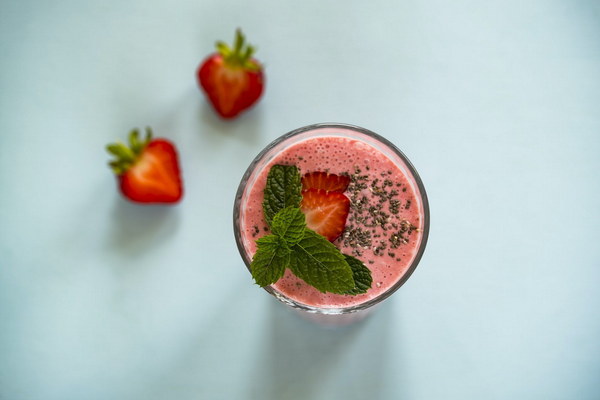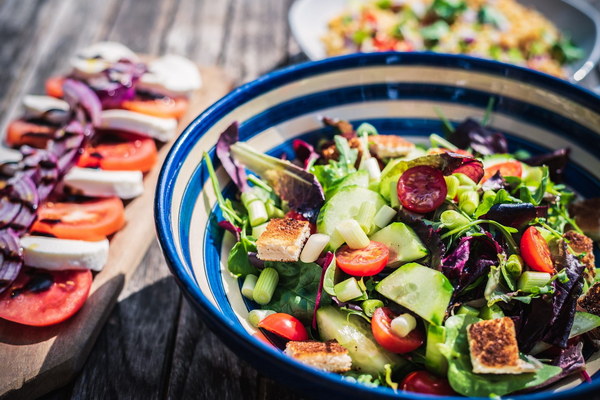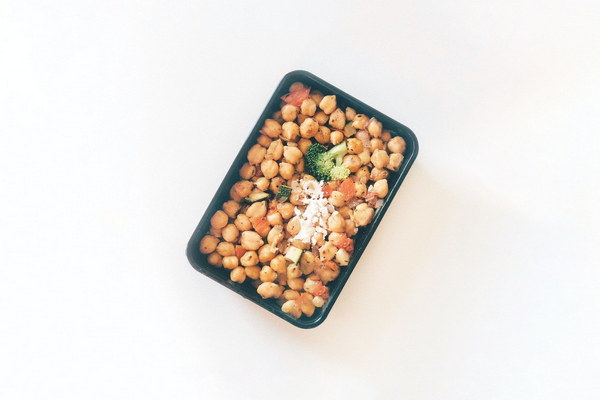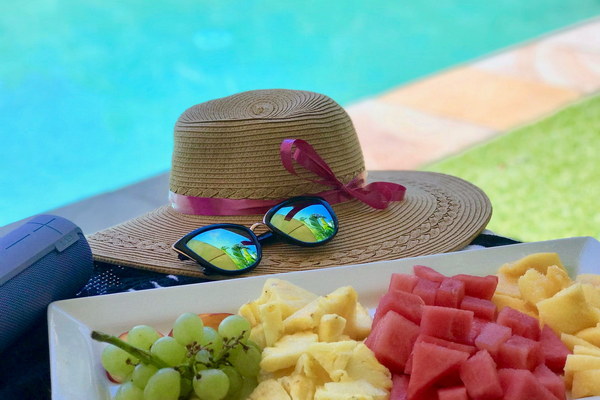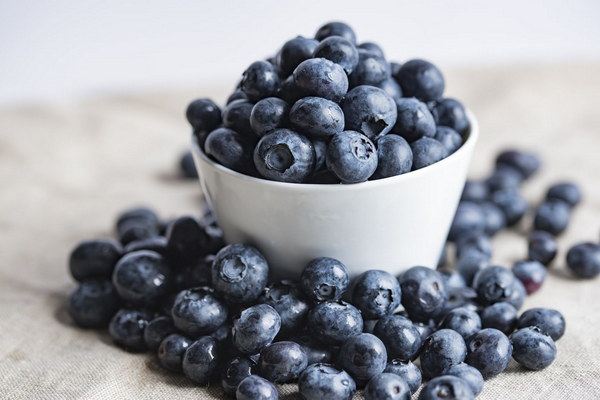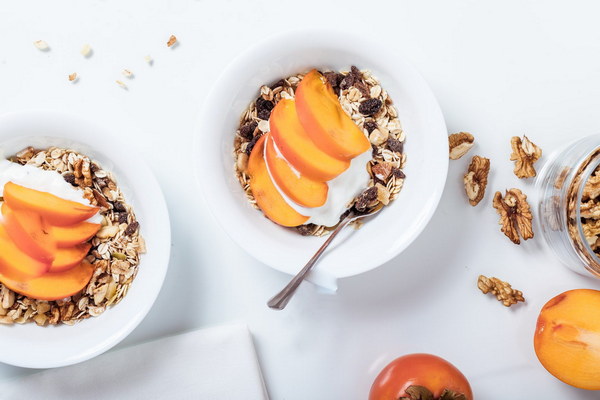The Art of Medicinal Cuisine Nourishing Body and Soul Through Traditional Chinese Eats
In the heart of Chinese culture, food is not merely sustenance but a profound expression of wellness. This belief is epitomized in the practice of medicated cuisine, a culinary tradition that intertwines culinary art with medicinal science. Medicinal cuisine, or Yao Shan, is a testament to the ancient wisdom of balancing the body's Yin and Yang, harnessing the healing power of natural ingredients, and nurturing the soul through flavors and aromas.
Medicated cuisine is deeply rooted in traditional Chinese medicine (TCM), which posits that the body's health is maintained by the harmonious balance of Yin and Yang. TCM therapists recommend specific foods that can help correct imbalances and restore health. This holistic approach to eating has been passed down through generations, and today, it continues to captivate food enthusiasts and health enthusiasts alike.
One of the most intriguing aspects of medicated cuisine is its emphasis on seasonality. Chinese culinary experts believe that certain ingredients are most potent during particular seasons, aligning with the natural flow of energy in the body. For instance, cooling foods such as lotus seeds and watermelons are recommended during the hot summer months to balance the body's heat, while warming foods like ginger and ginseng are favored in the cold winter to boost the immune system.
The ingredients used in medicated cuisine are diverse and include a vast array of herbs, spices, and fruits. Some of the most commonly used ingredients are:
1. Ginseng: Known for its adaptogenic properties, ginseng is believed to boost the immune system, improve cognitive function, and enhance overall vitality.
2. Astragalus: This herb is often used to strengthen the body's defense against illness and boost energy levels.
3. Goji berries: These superfruits are rich in antioxidants and are believed to support the immune system and improve eye health.
4. Licorice root: Known for its sweet taste, licorice root is used to harmonize flavors and is believed to have anti-inflammatory properties.
5. Chuanxiong: This herb is used to improve blood circulation and relieve pain.
Medicated cuisine is not only about the ingredients but also about the cooking methods. Steaming, sautéing, and simmering are preferred cooking techniques, as they help preserve the natural properties of the ingredients. One popular dish is Ganmao Yuxiang, a soup made with ginseng, astragalus, and goji berries, designed to boost the immune system and improve overall well-being.
While medicated cuisine is steeped in tradition, it has also evolved to cater to modern tastes. Chefs and food enthusiasts are constantly experimenting with innovative recipes that combine the healing properties of traditional ingredients with contemporary flavors and presentation. This fusion of old and new has led to a wealth of delicious and healthy dishes that are both nourishing and satisfying.
For those interested in exploring the world of medicated cuisine, there are several ways to incorporate it into one's diet:
1. Attend a medicated cuisine cooking class: These classes provide hands-on experience in preparing traditional dishes and offer insights into the healing properties of the ingredients.
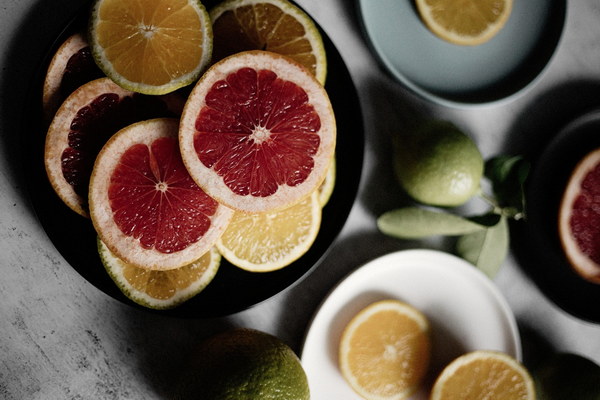
2. Consult with a TCM therapist: A therapist can provide personalized recommendations based on one's specific health needs and dietary preferences.
3. Explore medicated cuisine restaurants: Many restaurants now offer a variety of medicated dishes that cater to both the body and the palate.
In conclusion, the art of medicated cuisine is a fascinating blend of culinary art and medicinal science. By embracing this traditional practice, individuals can not only savor delicious flavors but also experience the profound benefits of balancing the body and nurturing the soul. As the world becomes increasingly aware of the importance of health and wellness, medicated cuisine is poised to play a significant role in the future of healthy eating.
